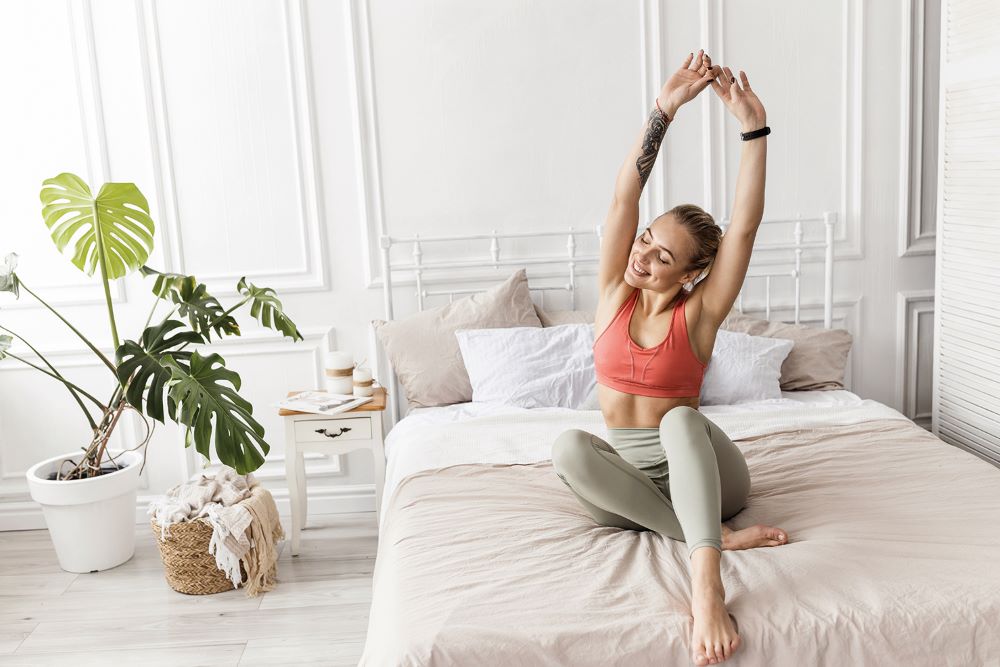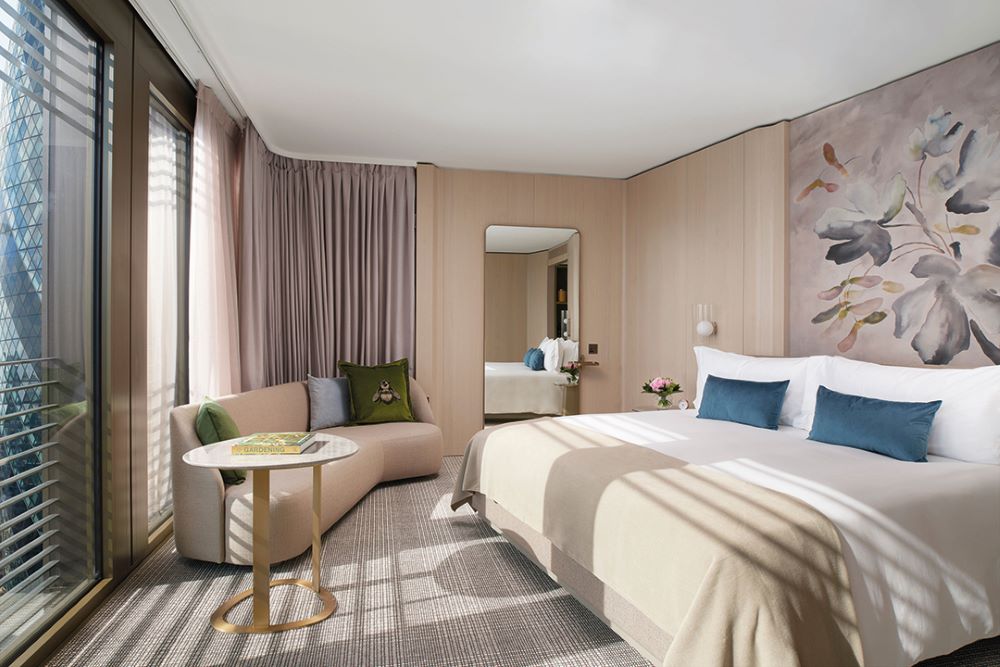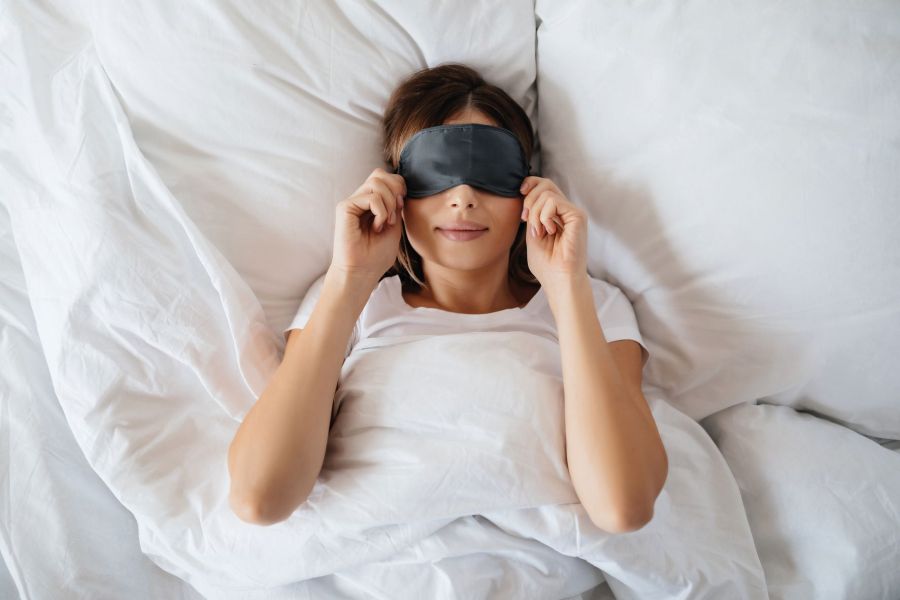Improving your endurance or sporting performance doesn’t always have to mean hard work – sometimes you just need a nap! Let’s take a closer look at the link between sleep, exercise and endurance – and how to improve your sleep habits to boost your workout results…
We all know a poor night’s sleep can fog our brain, dull our concentration and impact our ability to perform everyday tasks such as driving, but what happens to your workout performance if you’re not getting enough kip?
Related: 5 trending sports supplements for women 2022
It’s fairly common for athletes at the top of their game to experience poor sleep – 50-78 per cent of elite sports people struggle to drop off, according to one report in the BMJ – but research isn’t so conclusive when it comes to sleep deprivation and performance.
One review of studies in the journal Sports Medicine concluded lack of sleep for 30 to 72 hours didn’t affect cardiovascular and respiratory responses, aerobic and anaerobic performance or muscle strength. Time to exhaustion, however, was negatively impacted, possibly due to the impact of insomnia on growth hormone and the supply of energy to muscles. Getting more kip, on the other hand, does have its benefits.

Could sleeping longer improve your workout results?
When you sleep longer than usual, your workout results could improve. Research in the journal Sleep measured athletic performance, reaction time, vigour, fatigue and mood in college basketball players and found improvements in all areas when they slept longer
(up to 10 hours opposed to less than seven), with greater shooting accuracy, plus faster reaction and sprint times.
Indeed, lead author Cheri D. Mah, researcher at the Stanford Sleep Disorders Clinic and Research Laboratory in Stanford, California, says meeting nightly sleep requirements is integral to attaining peak performance in all levels of sport. Her advice includes maintaining a regular sleep/wake cycle, extending nightly sleep to reduce sleep debt before a big event or race, and taking a brief 20- to 30-minute nap during the day if drowsy.
How to improve your sleep habits
Establishing a bedtime routine has been shown to improve sleep duration and quality, and there are three main ways to do this. Light exposure is key to regulating your circadian rhythms, part of which includes your sleep/wake cycle. Aim to go for a walk in natural daylight within an hour of waking and avoid bright or blue light (TV screens, computers, mobiles) two hours before bed, as these are the times your circadian rhythm is most sensitive to light.
Second, your body temperature naturally falls as it prepares for sleep, dropping around 1-2°C in the course of the night, so keep your bedroom at around 16-18°C. You can help the cooling process along by warming your skin surface, as this dilates your blood vessels, allowing more heat to escape so you cool down faster – try a warm bath an hour or two before turning in, or schedule your workout a few hours before bedtime.
Finally, relax your mind. If sleep evades you, pop your earbuds in and listen to a calming meditation, yoga nidra or sleep-inducing soundtrack such as Tom Middleton’s new album Spatial Sleep Music (£7.99, iTunes Store), which uses a spatialisation process, similar to surround sound cinema, that studies show can help you more effectively process anxiety and stress.

Optimise your night
If you want to boost your chances of sleeping well, the Rest, Recharge and Rejuvenate sleep programme at London’s Pan Pacific hotel is designed to ensure an optimum night’s rest. A Chili Ooler Sleep System pipes cool water through tiny channels beneath your sheet to maintain optimum night-time body temperature, while a weighted Mela blanket reduces stress.
I tried the programme and found the blanket wonderfully calming and grounding, while the Ooler system cooled the bed perfectly. I normally don’t sleep the first night in a hotel, but drifted off effortlessly this time!
The Rest, Rejuvenate and Sleep programme costs from £595 per night, including breakfast, access to the 24-hour gym and the Wellbeing floor, with infinity pool, relaxation pods and mindful studio. Find out more at panpacific.com
Related content:







